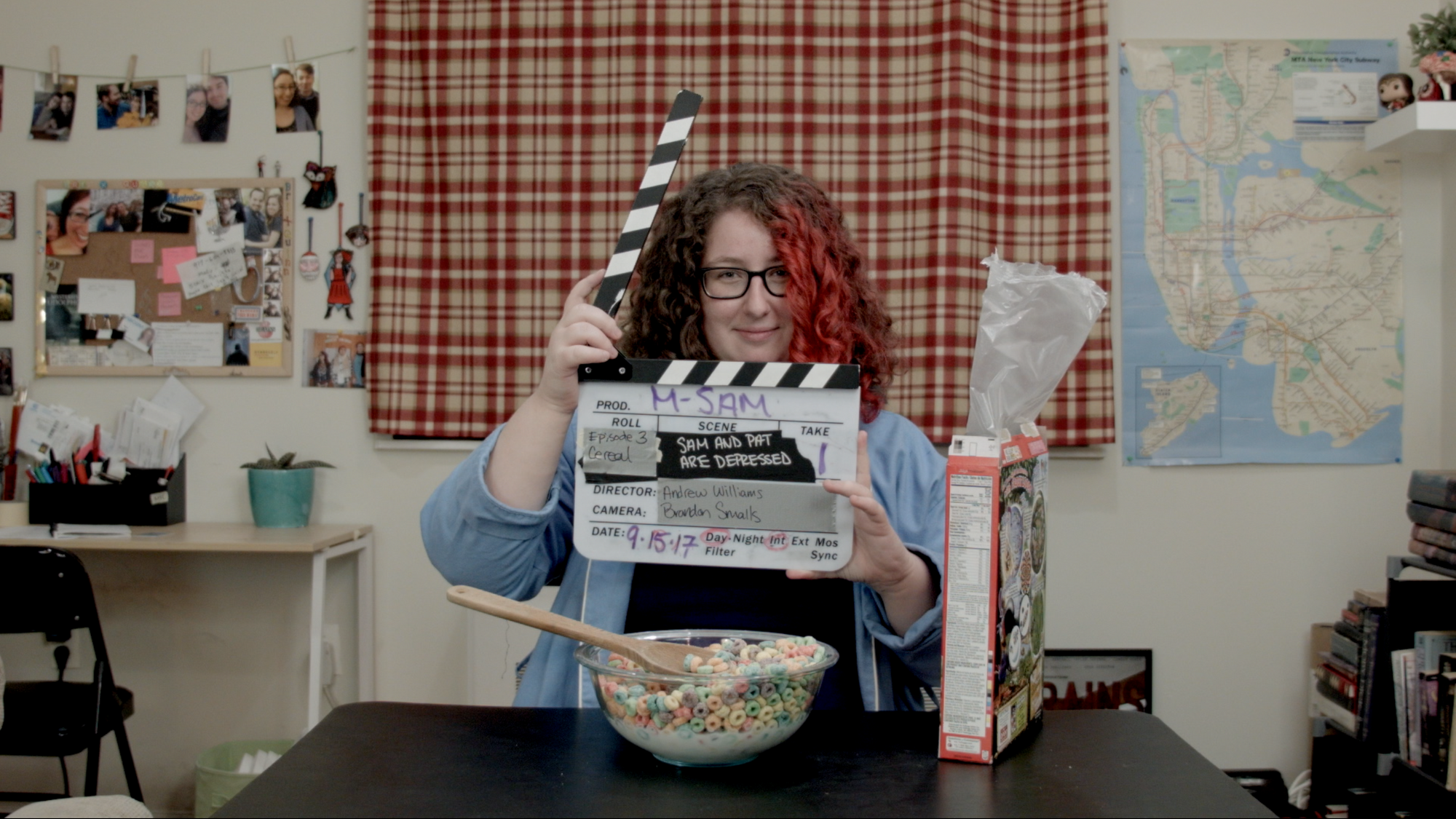
Actually, Your Movie Isn't "No Budget"
Hot take: Your film’s budget and what you actually spent are two entirely different sums.
I’ll be the first to admit I’m guilty of conflating the two, and it wasn’t until a recent conversation with producer Pulkit Datta and Christina Raia on my filmmaking podcast that I realized how short I’d been selling myself and my work. This goes beyond ego. Accurately understanding the cost of your film, regardless of how much you personally lightened your bank account, is incredibly vital if you intend to make a living at this.
Better Estimate for the Future
In an ideal world, every film you make will be bigger, better, and more complex, which necessitates a larger budget each time (or at least the trappings of a larger budget). If you spend your early indie days calling your 15-minute short a $500 movie, because of free locations, borrowed props, and volunteer teammates, you’re not going to fully understand the value of every element when you start moving up the ladder.
“I think it grounds a filmmaker to know how much it could’ve cost,” said Pulkit, “and that makes you think differently about your own film.” Not just that, but it gives you insight into what your future budgets will look like. Assuming you can get the same things for free every time makes an ass—well, you know.
Take nothing for granted. If you could pay your uncle for making lunch for your cast and crew every day, rent your own apartment’s living room for a three-day shoot, or compensate your gaffer for her labor and kit fee, what would it actually cost? If you don’t know the answer yourself, ask around. Filmmakers are often more than happy to share the numbers with fellow creators. My podcast’s DMs are open, so slide on in there, friends!
Freelancing Rates
Knowing the cost of what you’d otherwise get for free also helps you line up your own prices if the tables are ever turned and you’re being hired for things for which you and your team usually volunteer. You never want to be in a position where someone asks you for a rate and you have no idea where to begin, because more often than not, you’ll end up selling yourself, your expertise, or your access short. And when you underprice yourself or your services, that has ramifications for every future opportunity that comes your way. Best to set yourself up for success and build a strong foundation rather than rebuilding it later on.
As a quick aside: freelancing rates, even if you aren’t a full-time freelancer, should be set as if you are. Take your monthly expenses (rent, subscriptions, utilities, food), money you want to put into savings, and fun money, add 30% for taxes (since most freelancing gigs won’t take out taxes themselves), then divide that monthly total by how many hours you’d work in an ideal month. If you need $4000/month, and you want to work 10 hours a month, you should charge $400/hour, or if you want to work a more traditional 160 hours a month (40/week), you could charge as low as $25/hour.
For crew positions, there’s a slightly more standardized system, so check with your union minimums (even if you aren’t in a union yet) and don’t charge for less, otherwise you’re undermining not only the union you someday may be a part of, but you’re also undermining yourself. Union minimums aren’t arbitrary, plus you’ll have that as backup if anyone pushes against your rate.
Grant Applications
When applying for grants for in-progress or future projects, one of the most scrutinized facets of your application is your budget. Part of weighing which filmmaker deserves the grant is which filmmakers have an appropriate appreciation for the cost of their film and which will benefit most from being awarded it. Don't try to pretend your budget is lower than it is by skipping over what you aren’t technically paying for to match the grant amount—it just looks like you're trying to tell them what they want to hear (on your entire application) instead of being honest about what it will take to make your project. It also makes it look like you don't know how much films cost to make, which can be a red flag against you. You can always label "free" costs as in-kind so that you show grantors a full budget without padding the cash amount needed.
Transparency in Indie Film
I don’t know about you, but when I see a film touted for its low budget despite a production value that clearly outstrips it, I start to get suspicious. It’s the same suspicion I get when a personal finance article features a millennial who managed to pay off all her student debt and buy a house in a year on minimum wage … who usually ends up being from a wealthy family who gifted her said house for a fraction of the listing price and allowed her to live with them rent and expenses free up until that time.
All that obfuscating what our actual budgets look like does is gaslight other creators to feel like they’ll never catch up if their $25 short film can’t also make it into Sundance. We all have the same $25, so why is my film not receiving accolades? It must be because I’m a failure as an artist and not because I didn’t get $20,000 worth of in-kind loans or volunteer labor offered by a cast and crew with expensive training and access to equipment.
We owe it to ourselves and each other to be honest, not just about what we spend and what it takes to make work we’re proud of, but what we didn’t have to spend that others might need to take into account. Transparency is the only way to a more equitable, honest filmmaking ecosystem where diverse voices can not just break through, but thrive.
*Feature Photo: Bri Castellini

